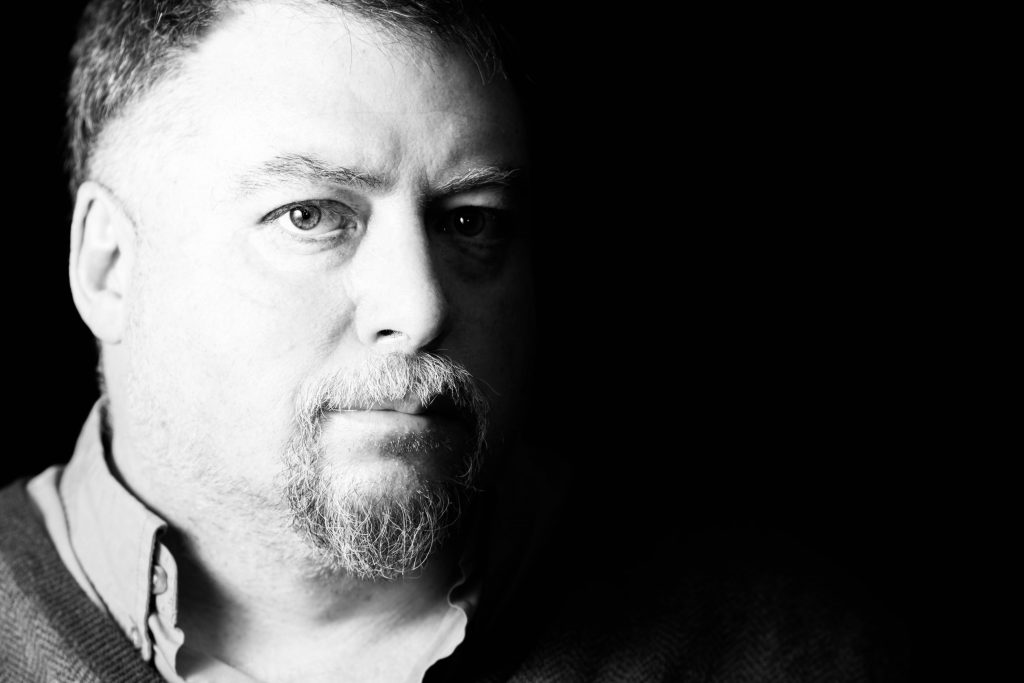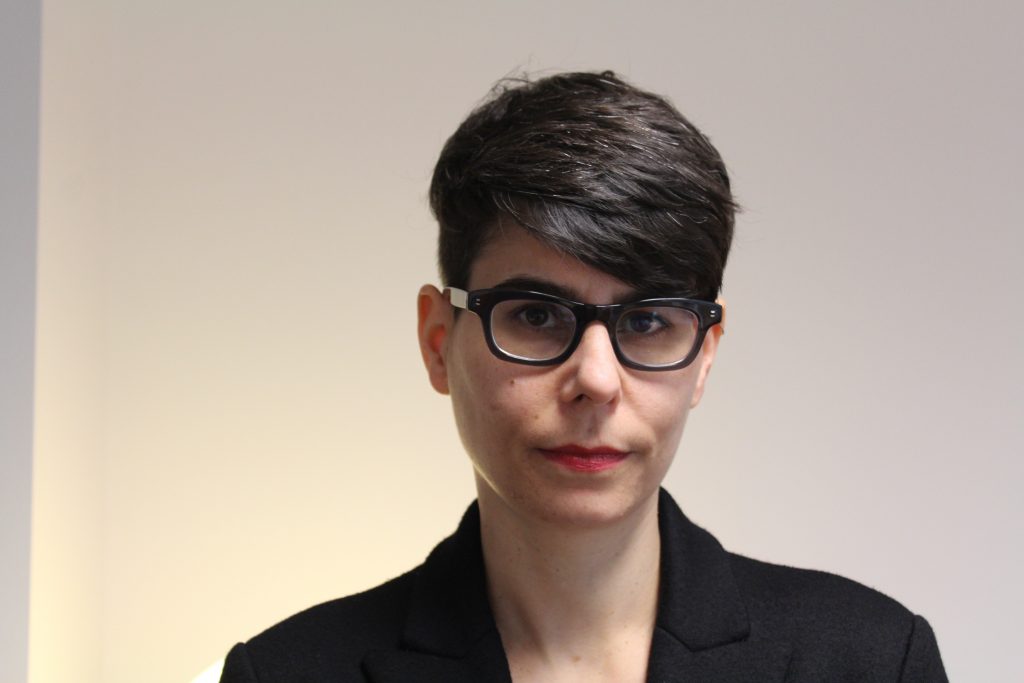What do we mean by “research into the meanings and practices of ‘liberal education’”?
It is easier to start by saying what we don’t mean. We do not mean the specific traditions of scholarly research within educational studies and other disciplines into higher education. The Aydelotte Foundation is not routinely trying to produce scholarship that can stand up to standards of rigorous peer review within particular established traditions of disciplinary inquiry, though we may occasionally choose to move in that direction.
At the same time, our practice of inquiry derives from those traditions. We draw upon ways of reading texts closely and distantly, we dabble in ethnography and surveys, we collect quantitative data and analyze it. More fundamentally, we are thinking about liberal education as an object worth knowing about. Not merely by adding to what is already familiarly known about it, but also as a strange object worth looking at with fresh and skeptical eyes.
We’re already acutely aware of how multiplicitous and sometimes confused the term liberal arts often is but equally, we’re struck at the dizzying cloud of truisms and assumptions that surround many perennial conversations within and around higher education. In any given conversation about issues like “is there a decline of interest in the humanities?”, “what do students learn while in college?”, “how should a major be structured?” and many others, myths and data and experience layer on each other unevenly, queasily. Highly specific disciplinary traditions of researching these questions are often convened too narrowly, avoiding both the kinds of measurements and data that are difficult or impossible to obtain and the difficult but necessary normative discussions that are often pushed outside this kind of work or are deferred to some later (often never-arriving) date.
Disciplines also frequently (though not invariably) imagine research as a privileged form of intellectual labor that is set aside from more everyday forms of consuming media and text, that requires an interruption of other work. To some extent, this sensibility is intended to speak back to common dismissals of academia as cushy or privileged. Academics feel the need to show that research is agonistic, demanding in time and attention, emotionally intense, that it requires long stretches of dedicated or exclusive focus. All of which is often true. But research can also be intermittent. It can happen during other kinds of work, including teaching. It can involve tinkering with methods, forms of conversation that are in between formal ethnography and everyday social dialogue, glimpses and fragments.
In terms of the Aydelotte’s mission to understand what liberal education has meant and still means within academia and outside of it, this more intermittent and episodic mode of research works pretty well. Where we have run into difficulty from our creation to the present moment is in the second half of understanding liberal education, which is tracing practices that are associated with or invoke the liberal arts. In one sense, it is hardly surprising that we find this difficult to envision and harder to pursue. Many social scientists and humanists spend their entire lives struggling to examine and understand the relationship between what people say and what they do. Sometimes we try to get at it by declaring that the distinction between text and practice, representation and action, is not a binary but a continuum. Sometimes we observe patiently and practice directly and wait for evidence and understanding to accumulate. Sometimes we intervene: we ask questions, we conduct surveys, we collect comprehensive forms of quantitative data. We infer what we cannot see from what we do see. We build models and simulations.
So we are not particularly stricken at recognizing the difficulty of this task, which afflicts not only scholars but policy-makers. At the same time, this is why it matters so much to us. There are so many individuals and interests who stand in judgment of higher education based on poor understandings of practices both in the past and the present. This includes many scholars themselves, who frequently understand far less of the everyday work of their disciplines and divisions and institutions beyond their own individual and local situations.
Even if we are not surprised, however, the challenge is both familiar and real. For example, the Aydelotte Foundation started a faculty seminar on pedagogy right after its founding which had its latest iteration in the spring of 2020. Faculty participants were partnered and attended each other’s classes with the goal of learning about each other’s pedagogy and acting as professional coaches for one another. It worked wonderfully in many respects, but to some extent the new understanding of pedagogy that participants achieved did not go beyond the participants themselves. To make people comfortable with being witnessed, we had to promise that the consequences of being witnessed would not disseminate or circulate. Moreover, in at least some pairings, the participants acknowledged that being witnessed changed their teaching to a substantial degree, which is a familiar challenge in teacher training and evaluation. Students, of course, witness teaching on an everyday basis, but much of that witnessing remains bottled up in their own networks, is captured only by the crudely unsuitable mechanisms of conventional forms of institutional assessment, or is shoehorned into post-facto narrative evaluations of individual faculty that often end up being as much about a judgment of character and personality as they are of pedagogy.
As Co-Director Rachel Buurma and her collaborator Laura Heffernan know from their own research into the history of English literature pedagogy, the evidence that faculty leave behind of their work as teachers and curricular designers is erratic at best. It doesn’t have to be that way, in the sense that each and every faculty member working today likely has a hard drive or file cabinet bursting with texts and documents that could lay out a lifetime of practice. Many departments have records of conversations and minutes. Every college has data about shifts in its curriculum, it has records and tracings of deliberations about course offerings, it has faculty who have multiple drafts of their syllabi. Before we ever might think about the labor-intensive work of ethnographic dialogue or richly detailed longitudinal survey research, those archives might give us a lifetime of interpretative work to undertake. The problem is that these archives are frequently discarded by the individuals who create and compile them, and many faculty regard the documentation of their working lives as both crucially private and trivially personal. Both of those conclusions may need to be rethought.
Part of the initial challenge, then, might be to convince our colleagues at Swarthmore and elsewhere that such archives are not only helpful to peer researchers with a disciplinary interest in educational studies, in the history of higher education, and so on, but that they are important for the health and vitality of liberal learning in the present. In so many ways, the hostility and skepticism of various publics towards liberal education are fueled by the degree to which the day-to-day work process of academia is obscured from view. In this we share a burden with the other professions that rose to a prominent place within civic and economic life in the late 19th Century: medicine, law, psychology, accounting and other professions equally chose to treat their everyday work almost as a trade secret, as impossible to interpret for anyone without the appropriate credentials. Calls for transparency in this sense have almost always carried an adversarial meaning, and often follow episodes of serious misconduct which become public. We believe that if professions, including academia, made a habit of doing more of their work visibly that this could be the precondition of a new kind of trust in the expertise and professionalism of that work, in its honesty and good intentions. Teaching, like surgery, was once done far more routinely in the presence of witnessing publics of various kinds; it should be again.


